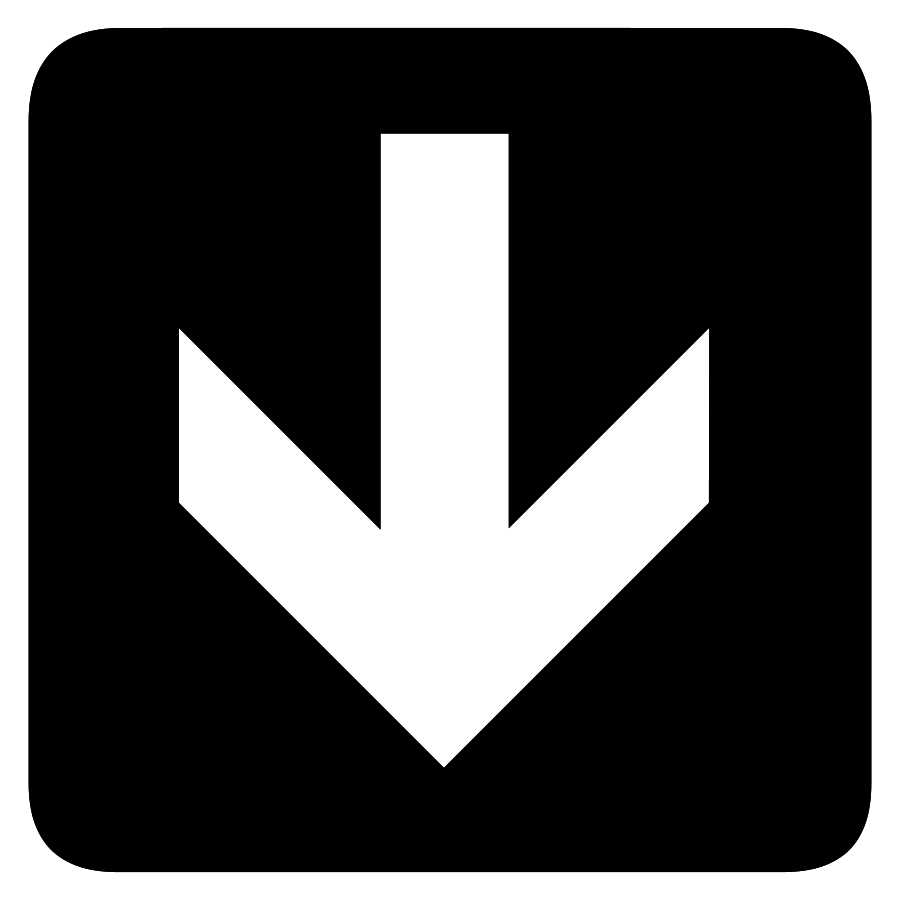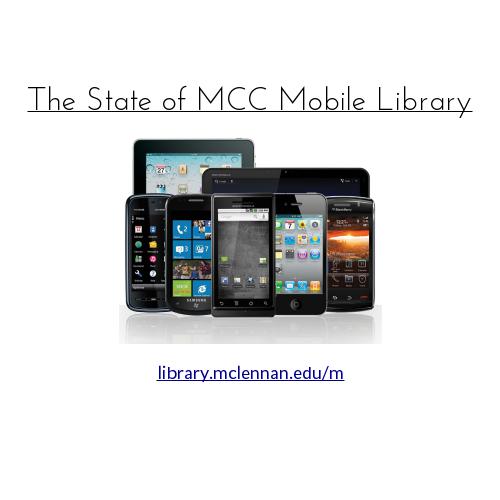Information
Literacy
Know your need
get Access
a 20 minute lesson by David Irvin, MSIS
[press spacebar]
Assumptions for this scenario
- First-year students
- Few if any prerequisites for this course
- Semester's only research paper
- Early in the research process
- Students select topics; few are well defined
- Adapting the ACRL Framework
- Knowing & Access only for this lesson
- This is an overview and introduction lesson
Navigation
To explore this lesson, use the arrows
at the bottom-right corner of each page.
...What to know ...
By the end of today's lesson you should be able to:
- Understand what is meant by "Information Literacy"
- Begin to focus your research question (know your need).
- Conduct initial searches of ACC's library resources to find articles for your paper (get access).
Questions about today's goals?
Information Literacy defined
"Information literacy forms the basis for lifelong learning. It is common to all disciplines, to all learning environments, and to all levels of education. It enables learners to master content and extend their investigations, become more self-directed, and assume greater control over their own learning" (Introduction to Information Literacy, n.d.).
Question: What is basic literacy?

Operate your "self"
Information Literacy is about empowerment - as a college student and in your everyday life.
If you want to successfully operate your life, you need to know where you lack knowledge and how to get that knowledge.
- Becoming information literate allows you to become "self-reliant, self-directed, autonomous learners throughout" your life (Wolfe, 2015).

Information Literacy is about empowerment - as a college student and in your everyday life.
If you want to successfully operate your life, you need to know where you lack knowledge and how to get that knowledge.
- Becoming information literate allows you to become "self-reliant, self-directed, autonomous learners throughout" your life (Wolfe, 2015).

Operate your society
Society is changing at such a pace that it is impossible to know everything about any given field -- this is true in academics, business, politics, and culture.
So it is critically important to learn the skills of continual learning, or you will have trouble keeping up with changes occurring in society and your chosen academic field.

Overcome information overload
We are constantly bombarded by information, leading to "information overload." It is a disempowered state in which we all live to some degree. It results from too much information, from questionable sources, for unknown purposes:
-
Marketing
-
Newsfeeds
- Search Engines
Question 1: Where else does information come from?
Question 2:How do you know what to believe and what to discard?
What's wrong with having more information?
While the goals of the companies that deliver you information every day seem admirable, it is also true that they are in the business of information exchange.
- Usually that means - Your personal information for free online services.
- But it also means - Money (from advertisers) in exchange for information promotion.
- Question : How do you tell the difference?
A Path to Information Success
Knowing
Question: Do you know what you are looking for?
Knowing (cont.)
Here are the three key questions to answer:
-
What do you want to know? ___________________________________
-
What kind of information? _____________________________________
-
How much information? _______________________________________
Adapted from: "The Standards: Step-by-Step."
Knowing (cont.)
Example 1: "I want to write a paper about David Bowie."
Bowie was ...
A performance artist
A social advocate
A cancer victim
A musician
A producer
A Brit
A better topic statement would look like this:
"What innovations did David Bowie bring to 1970s Rock Music?"
Knowing (cont.)
Example 2:"I want to write a paper about poultry farming."
Poultry farming includes topics related to:
Meat safety
Animal welfare
Antibiotics
Production standards
Business aspects
Best practices
Let's come up with a better topic statement.
Access
Question: Do you know where to look?
Access (cont.)
Here are the important questions to answer about access:
- How can I get this information? _________________________
- Choose your search terms: _____ & _____ & _____ & ______
- Choose the resources: ____________ & __________ & ________
Adapted from: "The Standards: Step-by-Step."
Access (cont.)
Time to think about search keywords:
Example 1: David Bowie, the musician
Topic Statement: "What innovations did David Bowie bring to 1970s Rock Music?"
________,________,_________&_________
Example 2: Poultry farming, meat safety
Topic Statement: "What federal regulations ensure meat safety in the Poultry industry?"
________,________,_________&_________
(For more, look at the ACC Library's tutorial about finding the best keywords):
Access (cont.)
Choosing the resources to search
Example 1: David Bowie, the musician
(biographical resources, newspapers, music databases)
________,_________&_________
Example 2: Poultry farming, business aspects
(business resources, agriculture databases, newspapers)
________,_________&_________
Other Sample Research Topics
________________
1. James Webb telescope.
2. Gun Violence in America.
3. The Syrian Civil War.
4. Infrastructure spending in Texas.
5. Water quality and fracking.
6. Marijuana legalization.
7. Vaccines and autism.
Sample Research

Citations
"Introduction to Information Literacy." Association of College & Research Libraries, n.d. Web. 25 Jan. 2016. Retrieved from http://www.ala.org/acrl/issues/infolit/intro
"The Standards: Step-by-Step." Association of College & Research Libraries, n.d. Web. 26 Jan. 2016. Retrieved from http://www.ala.org/acrl/issues/infolit/standards/steps
Wolfe, K. S. (2015). Emerging Information Literacy and Research- Method Competencies in Urban Community College Psychology Students. Community College Enterprise, 21(2), 93-99.
Lesson Review and Discussion
-
Importance of Information Literacy
-
Know your need
-
Get access
You can reach me at
dirvin79 (at) gmail.com
My background
I specialize in information literacy and library technology. I can conduct qualitative research and user tests. In my career I have worked as a librarian and journalist. I earned my MS in Information Science in 2012 from UNT.
Information Literacy
By dirvin79
Information Literacy
A short course on the first two steps of the ACRL framework.
- 17




